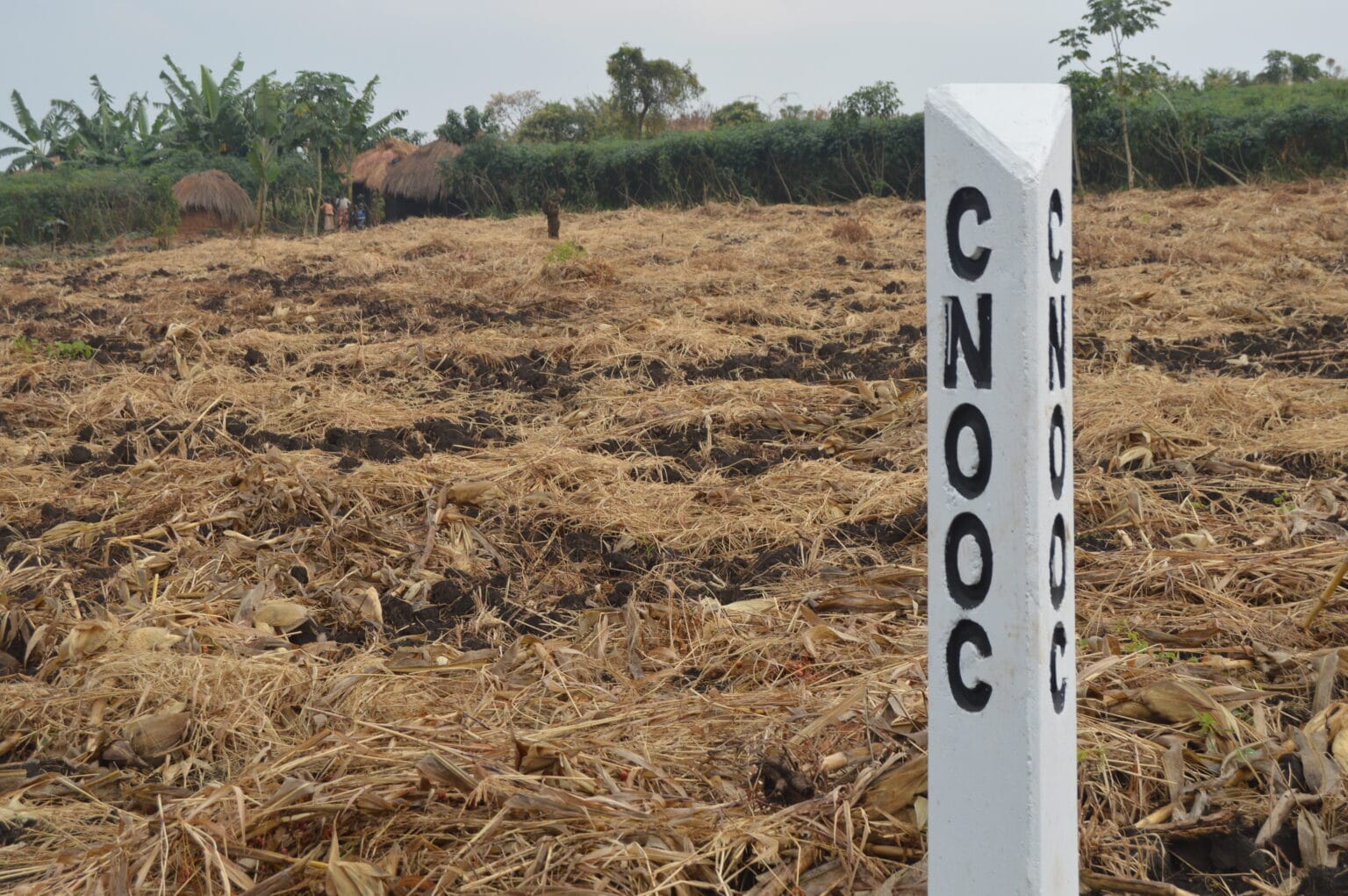International and local human rights and environmental organisations speaking for thousands of people in East Africa have submitted a complaint to the World Bank criticising it and its subsidiary, the International Finance Corporation (IFC), for supporting major fossil fuel projects without properly considering the environmental and human impacts: the controversial East African Crude Oil Pipeline (EACOP) and related infrastructure under development in Uganda and Tanzania.
Led by human rights group Inclusive Development International, the organisations in a letter dated October 13 addressed to Janine Ferretti, vice president compliance advisor ombudsman at the World Bank, accuse the bank of indirectly investing in EACOP, which they describe as “one of the world’s largest and riskiest oil developments”.
They say that British insurer Britam Holdings, in which the IFC holds shares valued at US$35 million, is set to provide insurance underwriting services to the pipeline and associated oil fields and oil refinery infrastructure located on the shores of Lake Albert in western Uganda. The projects, the letter contends, risk harming the environment and impacting the livelihoods of over 120,000 people.
The pipeline forms one part of the Uganda Oil Development Project, which also includes Uganda’s first planned oil refinery, and two oil fields — Tilenga and Kingfisher — which are being developed by French giant TotalEnergies and China National Offshore Oil Corporation (CNOOC). As the letter states, the EACOP is “the export pipeline required to transport the oil out of landlocked Uganda to international markets, developed by TotalEnergies, alongside CNOOC and the national oil companies of Uganda and Tanzania.”
The complainants — whose names are redacted from the letter for fear of their safety — are seeking a compliance review of IFC’s investment in Britam and its indirect support of the three interrelated oil projects.
“We are representing Ugandan complainants whose lives, livelihoods, and environment have been adversely impacted or stand to be impacted by the EACOP, an oil refinery and the Tilenga and Kingfisher oil fields,” the complaint states. “These large-scale projects require insurance coverage to proceed, and information available to the Complainants indicates that insurance is being provided by IFC’s equity client, Britam, as part of a consortium of local insurers.”
The letter notes that the projects pose immense environmental risks and impacts to biodiversity in Uganda. The organisations express concern over impacts from oil drilling on the country’s most visited game reserve, the Murchison Falls National Park; 130 oil wells are planned for inside this wildlife-rich nature reserve along the Nile River.
The EACOP conduit is then expected to transport the oil from these wells to the Tanga port in Tanzania, along the Indian Ocean. It will be the world’s longest heated oil pipeline, stretching 1443 kilometres and cutting through multiple protected ecosystems home to different species of endangered flora and fauna.
The opposing organisations, for instance, highlight that the pipeline will pass through and endanger critical water resources, including several wetlands designated as internationally important, not just for the region they’re located but “for humanity as a whole.” In addition, there’s the risk that an oil spill could impact Lake Victoria, a cross-border lake that is the source of the Nile River and which the pipeline passes near. If this happened, it would jeopardise the health and livelihoods of over 40 million people who rely upon the lake as their main source of freshwater.
The complainants argue that the cumulative impacts of the oil projects and pipeline — ranging from failing to protect water supplies to “a failure to consider and account for communities’ way of life in the design of resettlement sites” — have impacted “the communities’ right to land, right to an adequate standard of living, the children’s right to education, and threatened their socio-economic stability of the communities.”
Both the anticipated and so far experienced risks, they argue, go against the IFC’s Performance Standard 6 on protection and conservation of biodiversity, preserving ecosystem services, and sustainably managing natural resources as part of promoting sustainable development.
A spokesperson for the IFC told DeSmog: “In line with its commitment to sustainable development, IFC ceased directly financing new upstream oil and gas projects in 2019. Without commenting on the particulars of Britam’s portfolio, financial intermediary clients of IFC are not prohibited from supporting these projects as long as the clients adhere to applicable national social and environmental laws and to IFC’s Performance Standards, which define IFC clients’ responsibilities for managing their environmental and social risks.”
Emily Horgan, spokesperson for the World Bank’s independent accountability office for the IFC, which addresses complaints regarding the social and environmental impacts of IFC projects, told DeSmog it “will make a determination regarding the eligibility of this complaint within fifteen (15) working days of receipt. In some instances, [the office] may need to extend its complaint eligibility determination by a further twenty (20) working days.” Updates and reports regarding this complaint will be available on its website.
Subscribe to our newsletter
Stay up to date with DeSmog news and alerts







